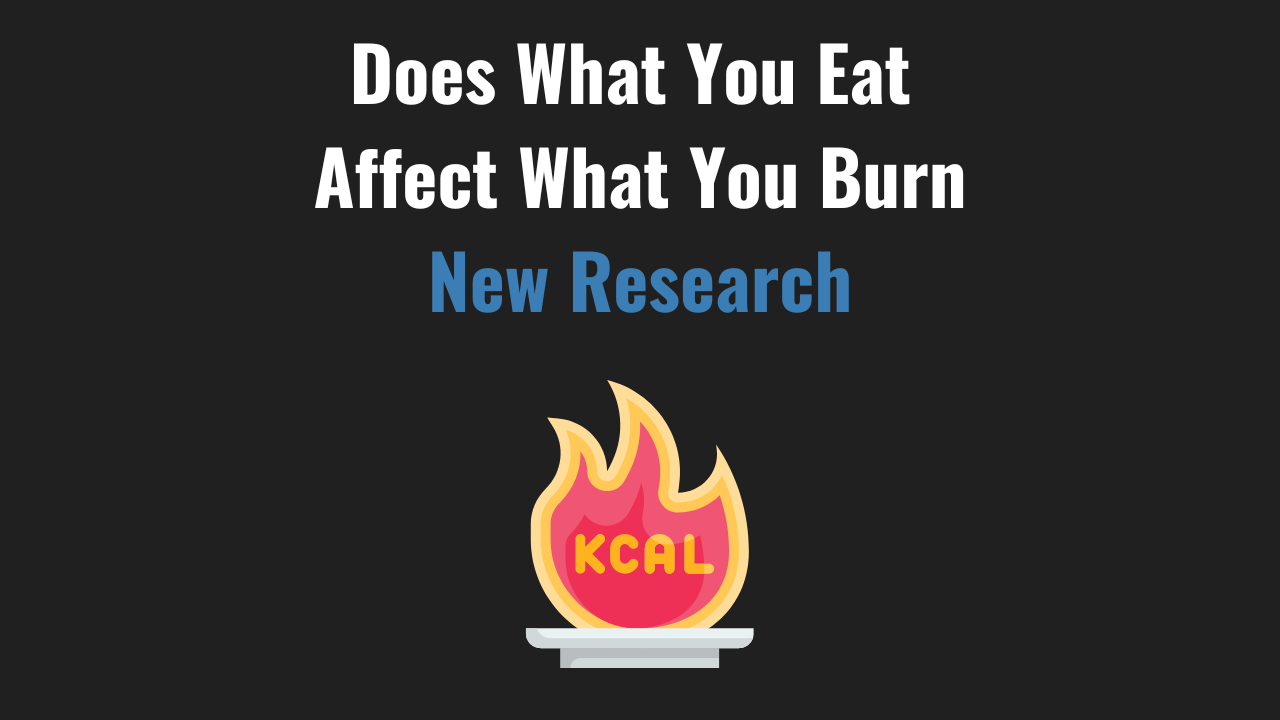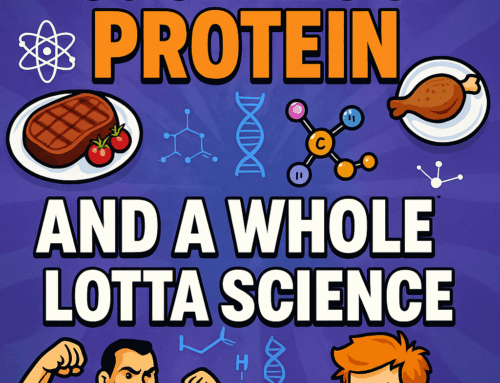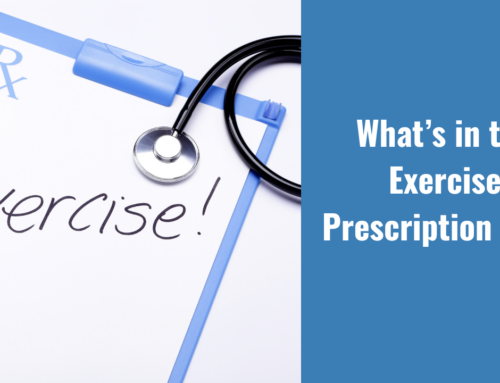Hola! from South Padre TX where I scored an epic sunset kiteboarding session last night and the wonderful wifey Jodie was up riding for a long way on the board during her lesson with Captain Rob.
Before I hit the kiteboard evening session, I was so focused on getting stuff done here that I only grabbed a protein bar and 2 poptarts on my way out the door to hit the beach.
Was I worried about my food choices?
Nope, since this is relatively infrequent and my metabolic health is good.
Just the other day, a brand new study (1) was published looking at the relationship between different types of meals, adiposity (overall body fat levels), and energy expenditure.
Methods:
20 normal-weight men and 20 overweight/obese men aged 18-45
3 test meals/per day for 2 days; one high in carbohydrates, one high in fat, and one high in protein
One day was a rest day. The other day included a bicycle exercise at 50% of VO2 Max.
Researchers determined energy expenditure with indirect calorimetry (metabolic cart).
Fasting and postprandial (fancy pants word for after they were done eating) 2-hour serum clinical and metabolomic biomarkers were also measured.
So, what did they find?
Different types of meals had different effects on energy expenditure and biomarkers.
For example, they found that a high-protein meal led to a greater increase in energy expenditure compared to a high-fat meal, regardless of body weight. Take away – get your protein in each meal. I like the 4 x 40 approach that I teach in the Flex Diet Cert.
They also found that a high-fat meal led to a greater increase in plasma triglyceride levels compared to a high-protein meal. In general, you want to keep triglycerides lower in your blood.
Perhaps, most interestingly, they found that the effects of the meals were influenced by overall body fat levels.
The overweight/obese men had a greater increase in plasma glucose levels after a high-carbohydrate meal compared to the normal-weight men. My guess here is that they were more metabolically IN-flexbile; thus, they saw more negative effects after a high carb meal.
The takeaway:
This study showed that the type of meal you eat can have a significant impact on your energy expenditure and various biomarkers.
The effects of the meals can be influenced by overall body fat levels. Another reason to stay lean(er) is for metabolic health.
Focus on higher protein meals first, and then add carbZ as needed.
Reference
1) Xiong Q, Sun L, Luo Y, Yun H, Shen X, Yin H, Chen X, Lin X. Different Isocaloric Meals and Adiposity Modify Energy Expenditure and Clinical and Metabolomic Biomarkers During Resting and Exercise States in a Randomized Crossover Acute Trial of Normal-Weight and Overweight/Obese Men. J Nutr. 2022 Apr 1;152(4):1118-1129.
Rock on!

Dr. Mike T Nelson

Dr. Mike T Nelson
PhD, MSME, CISSN, CSCS Carrick Institute Adjunct Professor Dr. Mike T. Nelson has spent 18 years of his life learning how the human body works, specifically focusing on how to properly condition it to burn fat and become stronger, more flexible, and healthier. He’s has a PhD in Exercise Physiology, a BA in Natural Science, and an MS in Biomechanics. He’s an adjunct professor and a member of the American College of Sports Medicine. He’s been called in to share his techniques with top government agencies. The techniques he’s developed and the results Mike gets for his clients have been featured in international magazines, in scientific publications, and on websites across the globe.
- PhD in Exercise Physiology
- BA in Natural Science
- MS in Biomechanics
- Adjunct Professor in Human
- Performance for Carrick Institute for Functional Neurology
- Adjunct Professor and Member of American College of Sports Medicine
- Instructor at Broadview University
- Professional Nutritional
- Member of the American Society for Nutrition
- Professional Sports Nutrition
- Member of the International Society for Sports Nutrition
- Professional NSCA Member









Leave A Comment